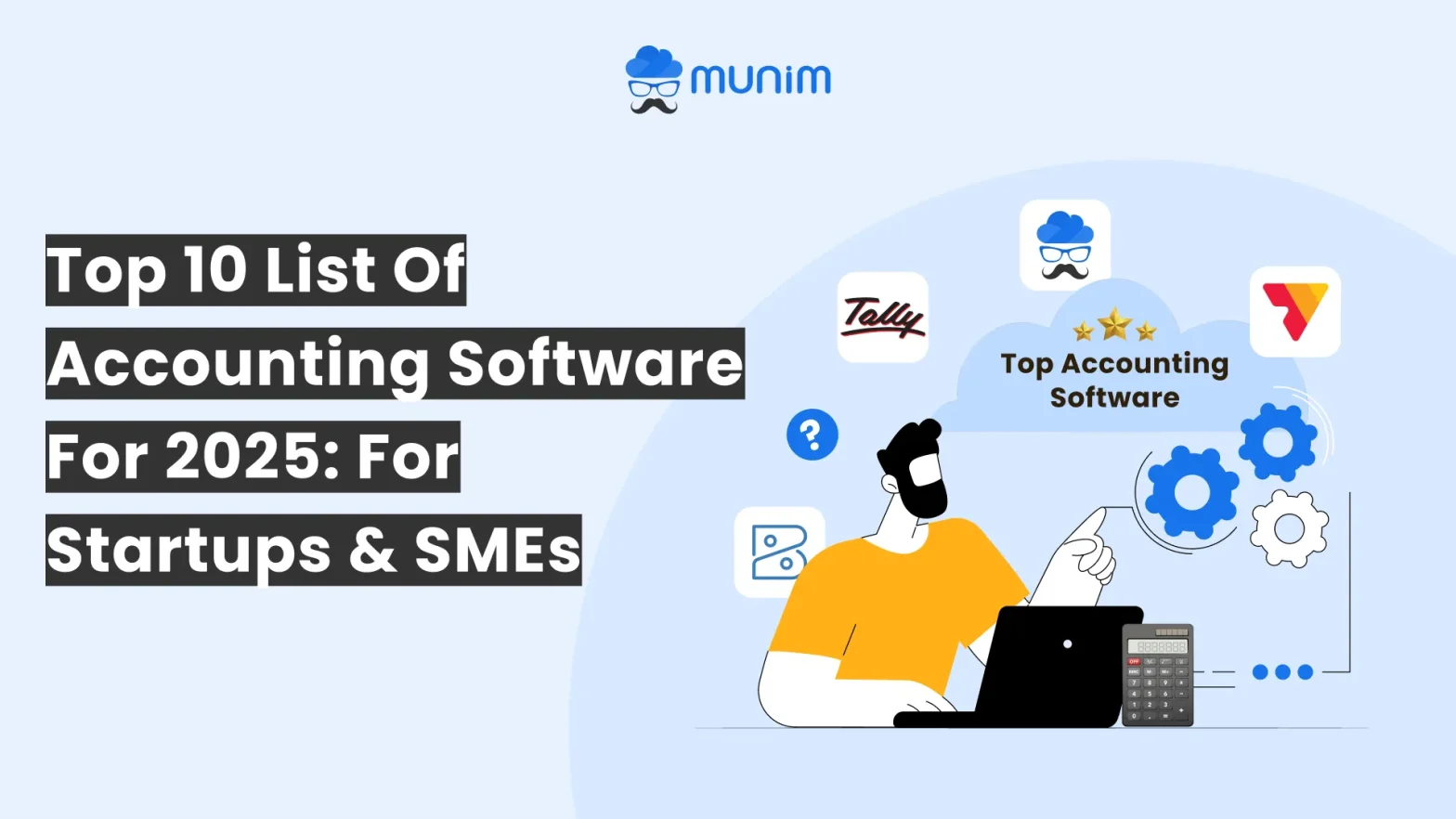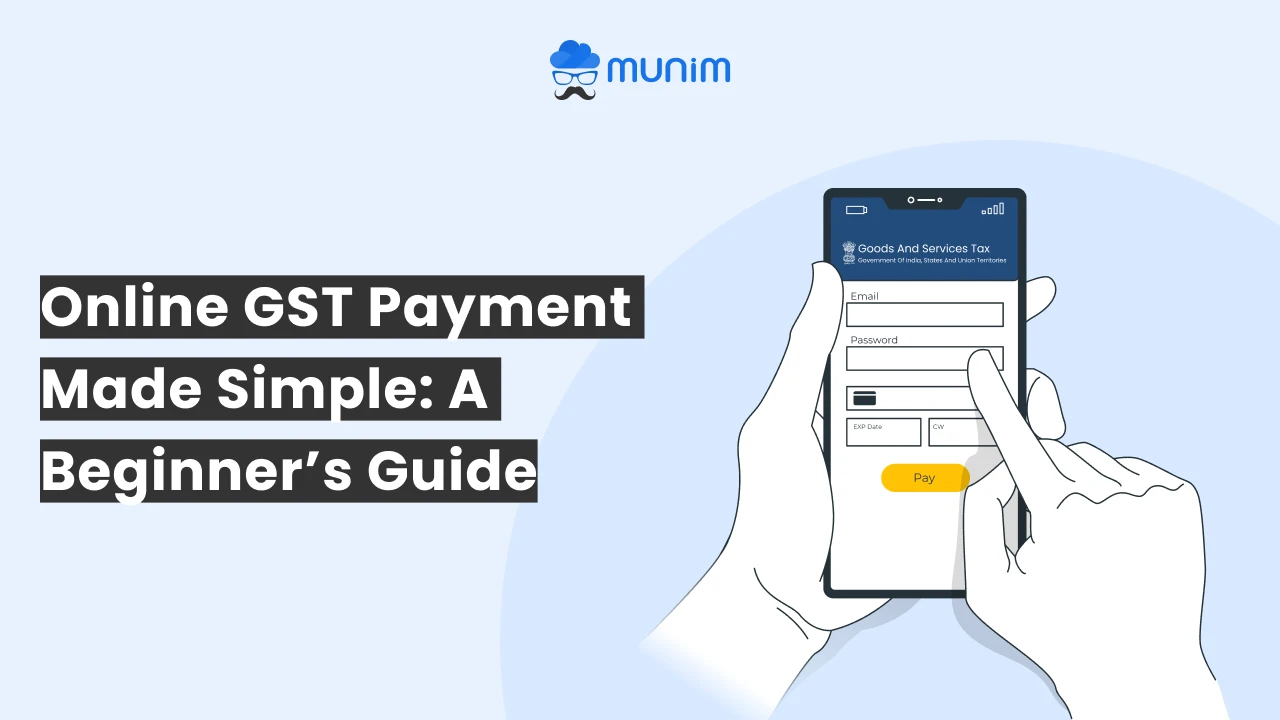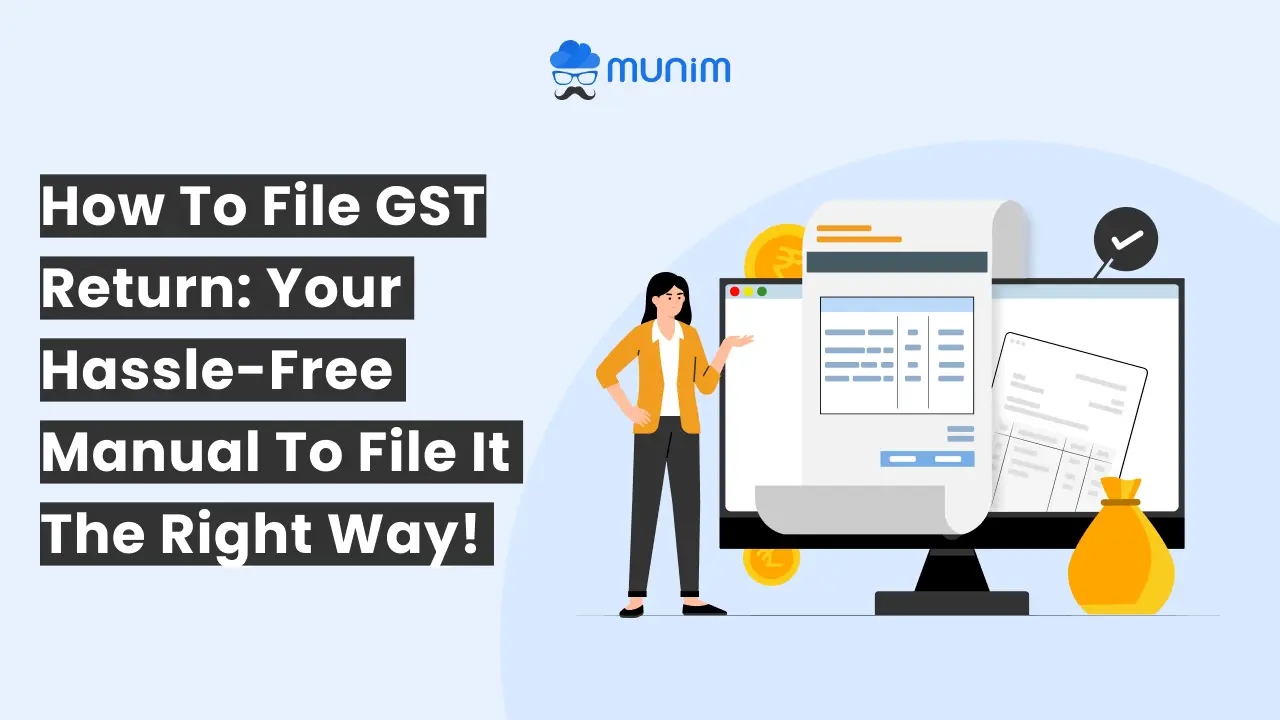5 Simple Steps to Prevent Delayed Payments from Customers
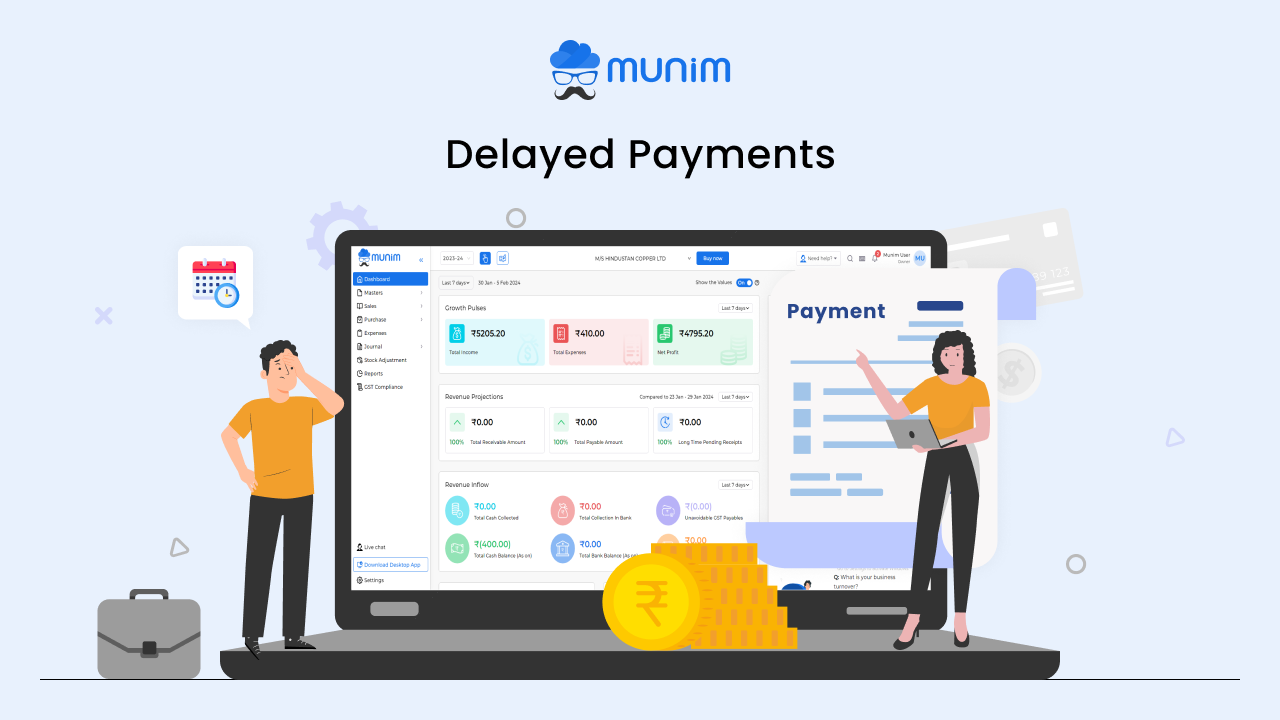
Growing businesses require maintaining cash flow regularly. Steady revenue is the need of every enterprise in the business world. But, delayed payments make it almost impossible for companies to maintain a steady income. According to a survey, 93% of Indian businesses report payments delayed by their customers. It leads to ruined vendor relationships and inadequate cash flow.
Timely payments ensure efficient financial management. It is essential to streamline payment processing for enhanced finance control.
Let’s see what happens when your payments get delayed:
What Happens When Your Payments Get Delayed?
- If the payments get delayed consistently, companies need to raise debt, and the interest amount increases.
- Delayed payments can lead to losses and damage your reputation.
- Delayed payments limit a company’s ability to seize new opportunities or interrupt strategic decisions.
- It also ruins the vendor, business, and customer relations.
- Managing and chasing these overdue payments requires additional resources and time. This incurs extra expenses for the company.
What are the Reasons for Late Payments?
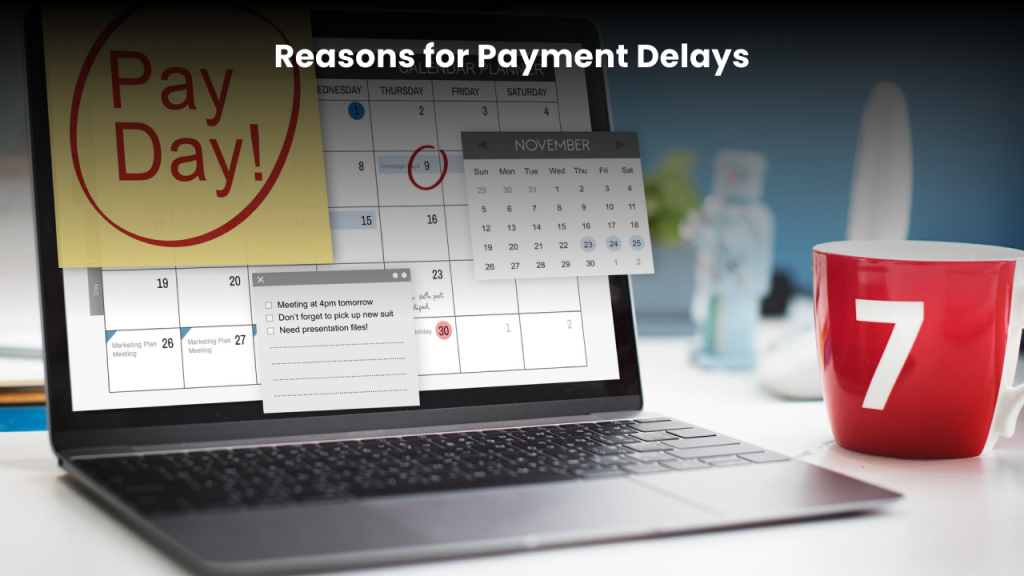
- Lost the paper invoice or didn’t receive an invoice.
- Customers Forget to make the payment.
- The client thinks he has already made the payment.
- Inefficient payment process
- Less payment gateways can also cause delays in payments.
5 Simple Steps to Prevent Delayed Payments from Customers
- Digitized Invoicing
Traditional invoicing relies on paper. There is a vast possibility of the invoice needing to be found or lost. Also, slow postal processes cause untimely payments. It is challenging to keep track of payments with the traditional system. To monitor customer payments, the staff has to go through a number of files. This is a tedious task and is time-consuming.
Accounting and billing software brings a tailored solution to this problem. It digitizes invoicing and offers paperless invoicing. This helps the business owners to track the payments more efficiently. Also, these invoices are sent to the customers through email, WhatsApp, or text message. With no envelopes and postal cards involved, there is zero possibility of losing these billing receipts.
- Notifications and Alerts
Sometimes, customers need to remember the due amount or think they have already made the payment. Companies need help tracking down the pending payments and installments. This process is time-consuming. Also, sending payment alerts manually requires additional resources and time. Sometimes, vendors or businesses must keep chasing their customers for payments. Notifying customers manually is a big headache for companies.
It is advisable to set automated payment notifications to customers to save time and effort. This system regularly notifies customers of pending transactions through email, WhatsApp, or Text messages. Sending reminders in advance raises the possibility of receiving timely payments from your customers and reduces delayed payments. This system tracks the payment history and audit reports and encourages early payments.
- Leverage Accounting Software
The traditional system is handheld and requires a lot of human effort. Due to human intervention, the system is prone to errors and can lead to delayed payments. Also, it maintains the records physically in files. In addition, anyone can breach the records and access the files. Also, manual data entry slows down the bank reconciliation process.
The accounting and billing software brings transformation to this traditional system. It automates data entry, calculations, and payment records, eliminating human errors. This saves time, effort, and resources invested in rework. In addition, the accounting software serves as a one-stop shop for all your business requirements. It is highly secure and stores all the information in an encrypted format. Most accounting and invoicing applications also offer two-factor authentication and disaster recovery to prevent data loss. It stores and organizes financial reports in a structured format, making retrieving financial information more accessible.
- Multiple Payment Gateways
Initially, businesses accepted payments only in cash and cheques. It becomes difficult for clients to carry some money every time if it is a heavy amount. Also, cheques sometimes get bounced while they are being deposited in the banks. This leads to delayed payments. These methods were inconvenient and made the system inefficient.
Digital transformation introduced a digital payment system that opens multiple payment options. The digital payment system allows customers to make transactions efficiently anywhere and anytime. Online payments and direct bank transfers enable instant transactions to prevent delayed payments. Offering multiple payment gateways provides flexibility to the customers and eases the process.
- Introduce Incentives and Late Fee
Giving incentives to customers for early payments will encourage them to make transactions on time. This will help the suppliers or the business owners to establish trust and long-term relations. At the same time, penalizing customers for delayed payments will assist them in making payments as per the schedule.
Let’s Wrap Up
You have understood how to streamline business payments. For more queries, feel free to contact us.
FAQs
- How can Munim prevent payment delays?
- Set timely alerts for pending payments
- Maintain accurate records of transactions.
- Ensure visibility between customers and stakeholders.
- Digital invoicing to avoid delayed payments.
- What are the other features accounting software can offer?
- Inventory Management
- Tax control and management
- Eway billing
- Digital Invoicing
- Accounting
- Record Keeping and more
- Can businesses track customer payments through Munim?
Yes, Munim allows the suppliers or stakeholders to monitor customer payments efficiently.


